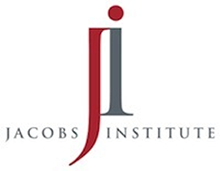Laura Katzenberger

"I’ve always put the work of being a prosthetist into a unique context of including more than one activity, and/or type of activity. First, one must enjoy people, and be a comfortable and effective communicator. Second, one must understand elements of anatomy, physiology, tissue dynamics, kinesiology, physics/gait dynamics etc. Third, there are hand skills that are required to be proficient in this field, such as ability to sculpt/mold and work with tools/machines. Fourth, computer skills, CAD, software for knees/hands etc., including much more of this type of knowledge are under development. Fifth, there’s the satisfaction of fairly dramatic and short term results; can’t walk, but then they can; can’t pick up a thing, then they can, etc. And lastly, that nearly every patient presents somewhat differently, and mixing that fact with all of the various bits of engagement of the first five things, leads to a reduction of the monotony factor that can burnout others in certain jobs."
Elizabeth Chandler
Chris Wattengel

"A couple of pieces of advice I would give to undergraduates, as well as graduates is to get as much experience as you can while you are in school. Whether that is through co-op experiences(particularly if they want to directly enter industry), summer internship, or research experiences. Kensey Nash extensively uses co-op and summer students, and will often hire them following graduation (think of it as a 3-6 month interview) if they are good. We work with many medical device companies and I can say that most want some experience when they are hiring, which is tough to get coming directly out of school. If they don’t have this experience coming out of school, and can’t find a permanent position, they might try looking for a longer co-op position to get some experience. As you mentioned, networking is also a good idea, you never know where it could lead."

